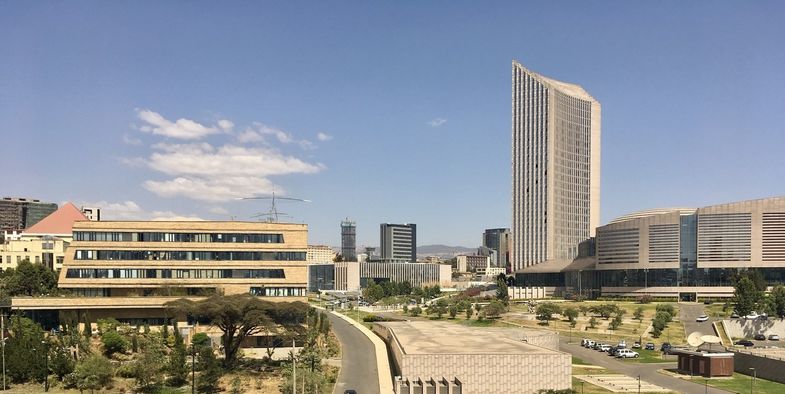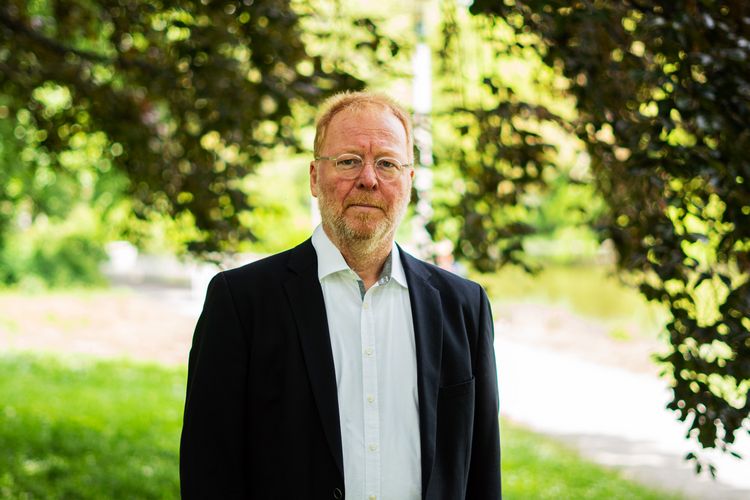Professor Ulf Engel is in great demand. His train leaves for the airport in half an hour. He is travelling to Belgrade for a conference. He will also be back in Africa in a few weeks’ time. Among other things, he will be advising the African Union on conflict prevention. “A key objective of the African Union (AU) and the continent’s Regional Economic Communities (RECs) is to build early warning capacities that, in conjunction with other instruments, will help identify the potential for violent social conflict as early as possible. The aim is also to develop strategies for strengthening resilience.” Engel has dedicated himself to this field of research. He has worked at Leipzig University since 1998 and is Professor of Politics in Africa at the Institute of African Studies and also a visiting professor at Addis Ababa University and Stellenbosch University in Cape Town. Engel has published the Yearbook on the African Union since 2021.
Africa is often referred to as the ‘neighbouring continent’, especially in European politics. According to the political scientist, there are many good reasons to engage with this continent in terms of crisis prevention: “The consequences of climate change, the increasing competition for scarce resources such as water or pasture and arable land, the doubling of Africa’s population to an estimated 2 billion people by the year 2050, the future of public health – all these will pose even greater challenges to the continent’s societies in the future. And this does not even take into account the negative effects of global politics and the rarely altruistic interests of non-African stakeholders.
Since April 2022, Engel and his colleagues have been conducting research as part of the BMBF-funded network “African non-military conflict intervention practices (ANCIP)” together with the Institute for Development and Peace (INEF) in Duisburg and the Leibniz Peace Research Institute Frankfurt (PRIF). The aim of the ten-member working group is to reconstruct practices of non-military intervention in greater detail and to create a database that will allow these practices to be visualised.



Comments
No comments found!